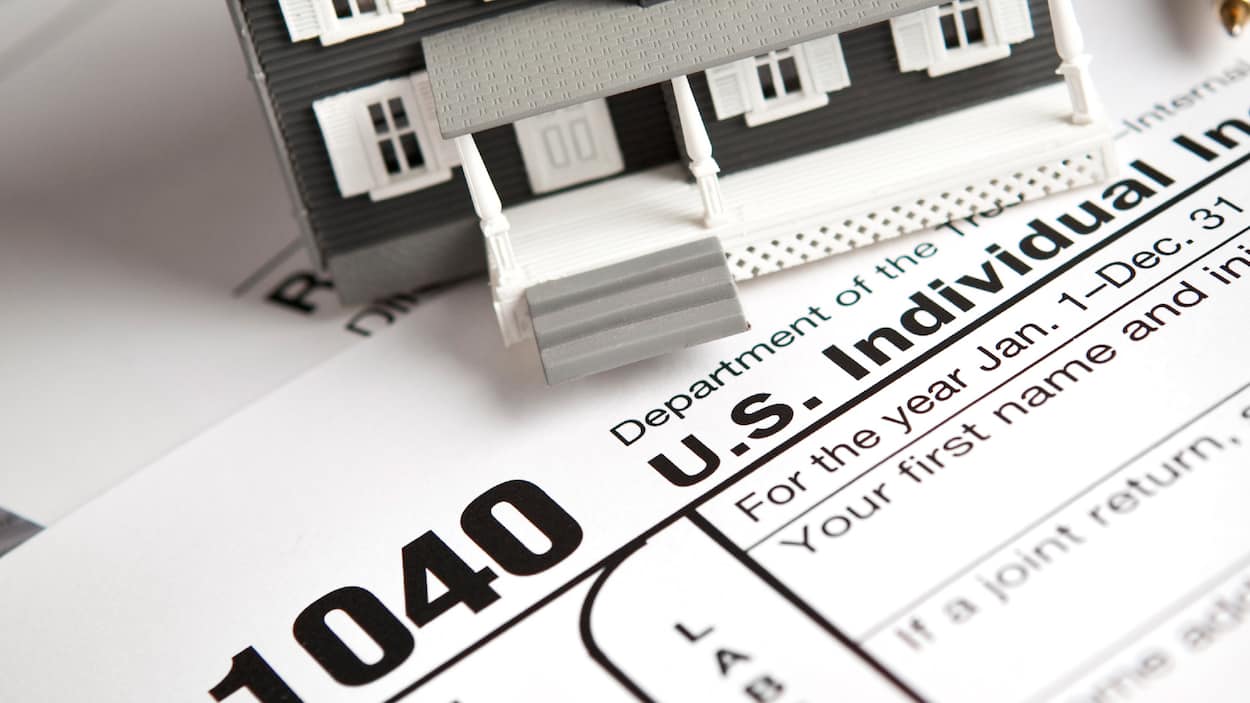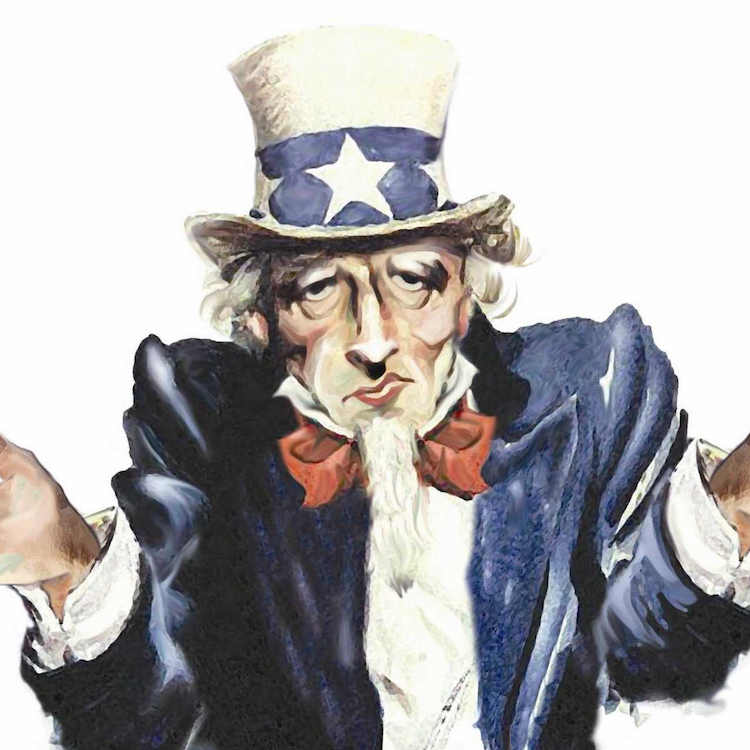How many times in the past year or two have we heard the phrase, soak the rich, in reference to government taxation and spending?
For two years I had the privilege of studying under the late Professor Richard A. Musgrave. During that time, he was finishing his classic text, “Theory of Public Finance: A study in public economy.” He was an open-minded person and sensitive to each student’s value systems. In his lectures, he used rigorous theoretical economic reasoning.
In his text and lectures he explained that all taxes, no matter on who the legislation placed the initial burden, were ultimately borne by individuals and only individuals and the households in which they lived. They were borne by individuals either as buyers of goods and services and/or as productive resources (labor, debt and equity capitalists, entrepreneurs, or land owners). One example he used was the corporate profits tax. Who really finally bore the burden of this tax? No, not the firm – since the firm, business, or corporation is simply the place where production occurs as a result of the firm’s employment of productive resources.
The Impact of Corporate Taxes
Make no mistake, the decisions made for the firm and its owners by those employed by the firm to make such decisions, are significantly influenced by all costs associated with the firm, including taxes. Consider the impact on the firm as to where production will be located and how the firm’s product mix will be produced (technology used and thus the productive resource mix). For example, the production of motor vehicles will shift to lower cost locations such as non-unionized areas of the U.S.A., thereby resulting in a significant loss of market share of U.S. firms to foreign firms. It also means that domestic firms will gradually move to lower tax regions such as the Republic of Ireland.
Irish Growth?
According to Bloomberg News, although the Irish economy expanded by 26% in 2015, economist Jim Power observed that “I’m not going to stand up and say the economy grew by 26 percent.”
The figure is mostly explained by the open nature of Ireland’s economy and its attraction to U.S. companies seeking access to a 12.5 percent tax rate. Among firms that have inverted to Ireland, mostly through acquisitions, are Perrigo Co. and Jazz Pharmaceuticals Plc. Corporations with assets overseas of 523 billion euros ($580 billion) were headquartered in Ireland in 2014, up from 391 billion euros in 2013, according to the statistics office.”
Who Bears the Ultimate Burden of Taxes? Not necessarily those who initially pay them
This is also an important consideration relating to jobs but a different issue than who bears the ultimate incidence or burden of a tax as contrasted with the initial burden or incidence of a tax which is an issue relating to the income distribution leading to legislation attempting to redistribute income.
It should be noted that incorrect economic reasoning on the relationship of taxation and the income distribution can cause more harm than good. The phrase, enslavement by the welfare state, comes to mind in this regard.
As such, the ultimate bearers of a tax on a corporate firm’s profits that legislation mandated be paid by the firm is not ultimately borne by the firm, but rather by the buyers of the firm’s products (goods and services) and/or the productive resources employed by the firm to produce the goods and services sold by the firm. The initial incidence of the tax was shifted to either the buyers of the firm’s products and/or to the productive resources employed by the firm to produce its’ goods and services. To the extent that the buyers of the firm’s products, by paying higher prices reflecting the profits tax ultimately bear the tax, it is said to be passed forward. The remaining taxes not passed forward are borne by productive resources employed by the firm, most likely by the owners or equity capitalists and labor.
The next time you hear a politician utter that they will raise taxes on corporations, may you be wise enough to consider the true backs on which these taxes will fall.








